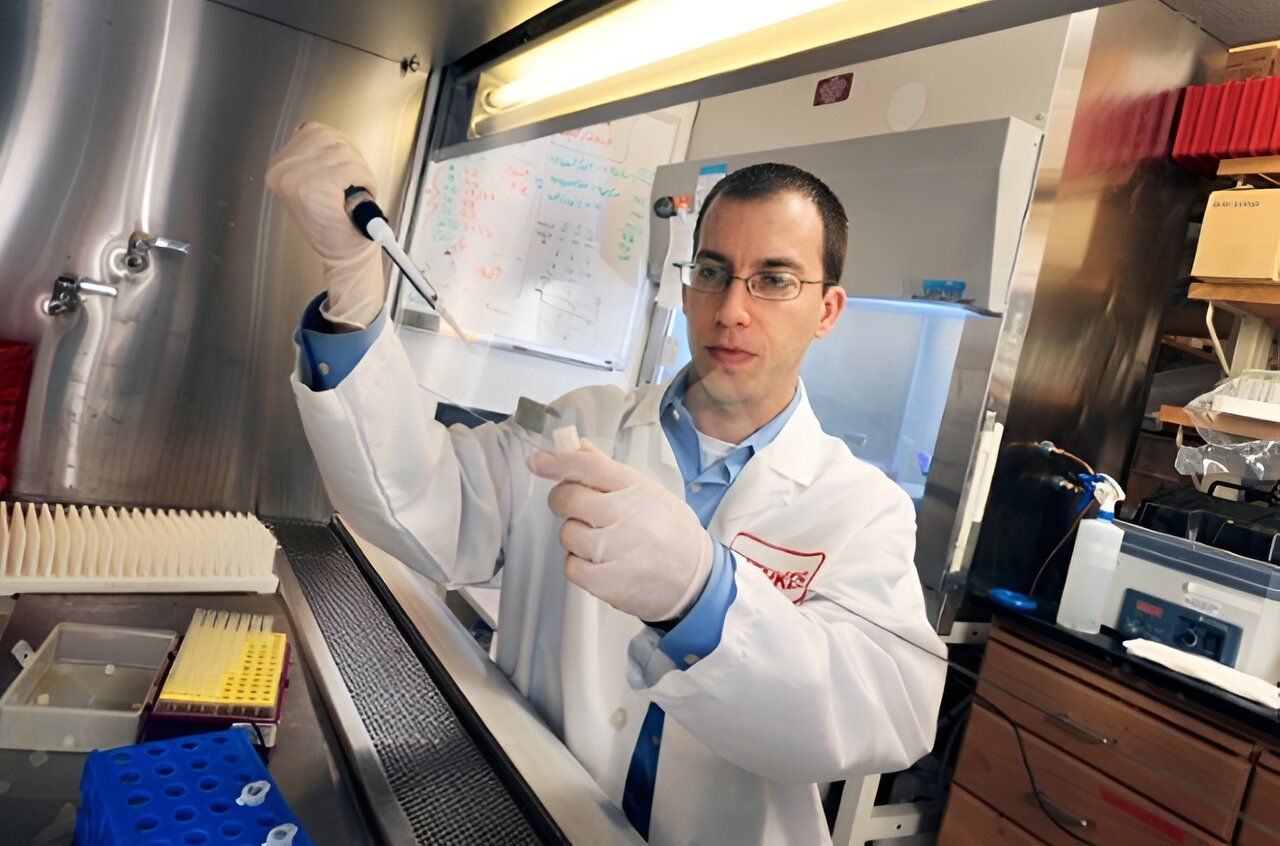David Weiss, a researcher at Emory University, has been delving into the complex issue of heteroresistance, where a minor percentage of bacteria exhibit resistance to antibiotics while the majority do not.
Applying his expertise, Weiss has recently focused on the issue of fungal bloodstream infections in patients undergoing bone marrow transplants. These infections, often caused by Candida parapsilosis, are particularly dangerous as the fungi can migrate from the digestive tract to the bloodstream, posing severe risks to immunocompromised individuals.
Collaborating with researchers at Memorial Sloan Kettering Cancer Center, Weiss investigated why transplant patients were developing bloodstream infections despite receiving micafungin, a leading antifungal treatment.
The infections, which had a notably high mortality rate, perplexed doctors as they were occurring despite the administration of what is considered a highly effective antifungal. Weiss’s collaboration aimed to uncover why these infections were still occurring and how they might be prevented.

In their research, published in Nature Medicine, Weiss and his team collected 219 strains of C. parapsilosis from various global locations. They discovered that heteroresistance was the culprit behind the persistent infections despite antifungal prophylaxis. This phenomenon allowed a small subset of the fungi to survive micafungin treatment and continue to infect patients.
Machine learning played a crucial role in the study, as Sloan Kettering’s computational biologists used algorithms to identify heteroresistant fungi. By analyzing only a few key genomic features, the machine learning model helped predict which fungal strains were likely to be heteroresistant, demonstrating a potential diagnostic tool that could aid in clinical decision-making.
Looking ahead, Weiss suggests that future research should focus on developing tests to detect heteroresistance before transplantation. Profiling gut microbes or fungi through a simple fecal sample could help identify patients at risk and inform better antifungal choices or preemptive treatments to reduce infection risks.
Such advancements could greatly improve outcomes for transplant patients by addressing the threat of breakthrough infections linked to heteroresistant fungi.